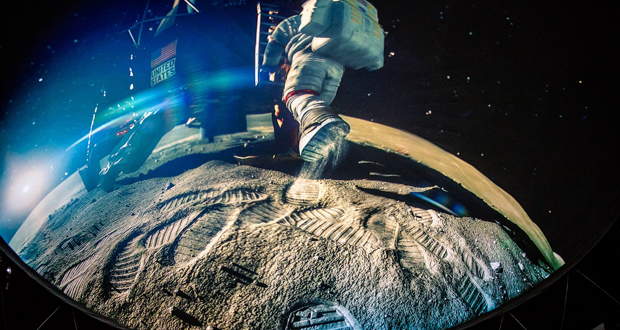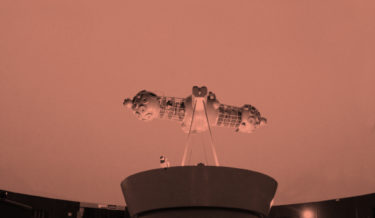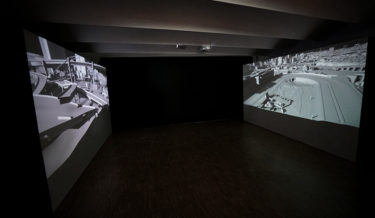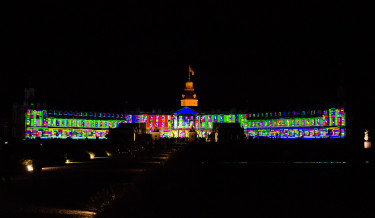Related post
Ghost City – Video installation by Hugo Arcier
Feb 18, 2017
|
Comments Off on Ghost City – Video installation by Hugo Arcier
2806
Germany’s Karlsruhe Palace Becomes the Backdrop for this Stunning Video Mapping Project
Nov 10, 2015
|
Comments Off on Germany’s Karlsruhe Palace Becomes the Backdrop for this Stunning Video Mapping Project
2714




